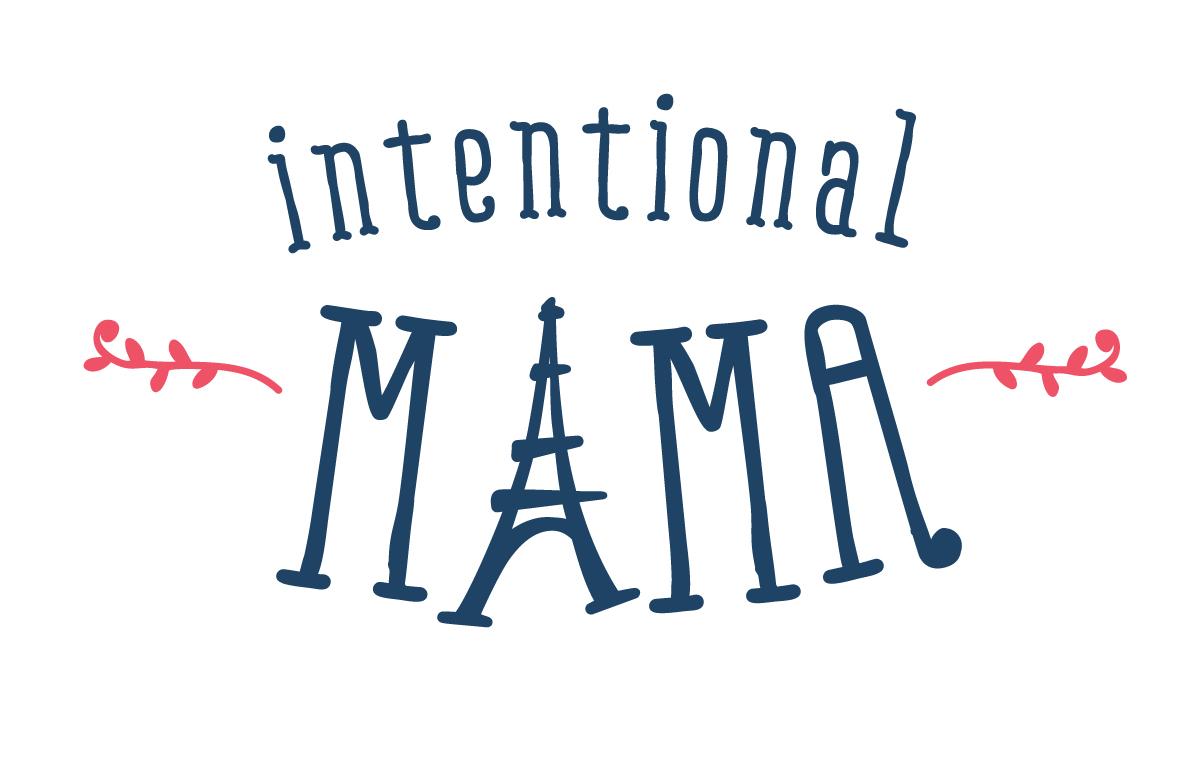Suzuki Violin Lessons at Age Four? One Year Later
If you've read my blog for a while, you might remember that my daughter started taking Suzuki violin lessons last fall at age four and a half. She had expressed an interest in learning violin after listening repeatedly to a fictional story featuring Vivaldi's music. I was concerned that formal music lessons might require too much rigor for her age, but we took the leap after talking with friends who had started Suzuki lessons young. Now, a year later, I'm thrilled that we started lessons when we did, and my daughter has loved playing!
My daughter practicing violin this last month
My Summary of the Suzuki Method:
- Musical training relies on ear training until the child begins to read music notation patterns. In other words, you and your child will listen (over and over!) to recordings of the pieces to be learned long before he or she can read the music. This increases the rate at which your child learns new pieces and helps him or her feel successful quickly.
- Every Suzuki student learns the same pieces of music in the same order, and continues to practice previously learned pieces even as they work on new ones. While this might sound overly prescriptive, the songs are pleasant and have a purposeful sequence so that the student has the foundation of knowledge and skill necessarily for each successive piece.
- The method requires strong parental involvement. A parent needs to attend each lesson and guide the child through each daily practice if the child is to progress at a speed that will be adequately rewarding. As a parent, you don't have to know how to play the instrument yourself, but you do need to be willing to learn alongside your child and commit the time and focus necessary each day.
Tape on the fingerboard helps early students mark the appropriate tones
What a year of music lessons has taught me as a parent:
Sitting on her foot chart while decoding a song title during practice
Practicing in our family room
- The teacher makes a huge difference in your child's experience! My daughter's first teacher was quite strict but had a good sense of humor as well as the experience of learning Suzuki violin herself from a young age. Unfortunately, this teacher moved away just before the school year finished, and the replacement teacher simply didn't have the same experience teaching. Thankfully, we were able to switch to a third teacher who has a Master's in Suzuki pedagogy and we could not love her more! She's homeschooling her two children, so she loves to teach and she really understands children and motivation.
- Practice at a regular time each day--the earlier in the day, the better. My daughter's first teacher said her mama wouldn't let them have breakfast until after they'd practiced. I'm not that strict, but we do try to practice within the first few hours of waking up. (That's one of the luxuries of homeschooling--you can prioritize practicing a musical instrument early in the day!) The longer we wait to practice, the less likely it is to happen that day, and the crankier my daughter becomes when we do practice.
- Your child's feelings about practice and playing will fluctuate, but the pattern should be mostly positive. About three months into lessons, my daughter announced that she "shouldn't have wished to play the violin." I was truly disappointed to hear this, but I didn't respond except to ask her some follow-up questions. At the time, we were driving 25 minutes each way to lessons and my daughter had an upcoming recital (a twice-per-year event). But once she gained a repertoire of songs to play, and without the pressure (from her teacher, myself, and herself) of an upcoming recital, she enjoyed practice much more.
Still life with a violin, a recorder, books, a portfolio of sheet music, peaches, and grapes on a table top by Jean-Baptiste Oudry
- Don't nag about practicing! I try not to mention practicing violin unless we can practice within the next few minutes. On the other hand, we store our violin in a main room so that its presence is a visual reminder that it can be played at any time. (We'd even leave it out of the case if her younger brother were less likely to break it.)
- Find ways to make practice novel from week to week and month to month. Our teacher has provided a song-related coloring book and uses a variety of simple games that we can use to make the repetition of practice more joyful and fun.
- Play with others when possible. One of the greatest joys of being a musician is getting to make music with others! Here in Oregon, there are group classes and annual events for Suzuki students of all levels to play together.
What did you love or dread about music lessons as a child? How do you see lessons differently now that you are a parent or teacher?




